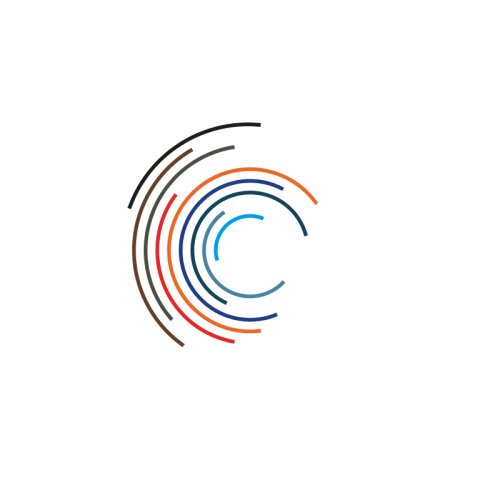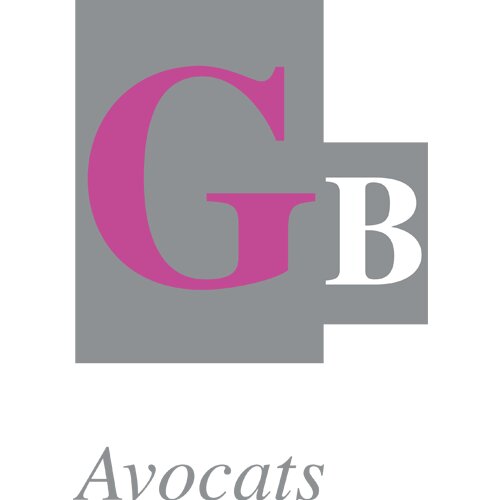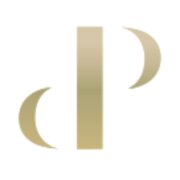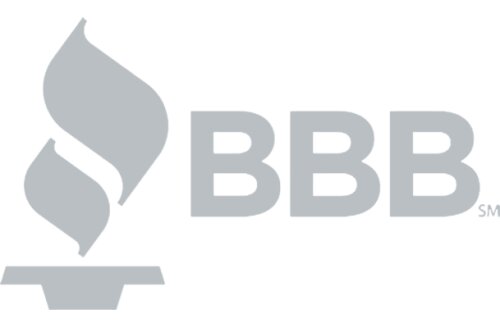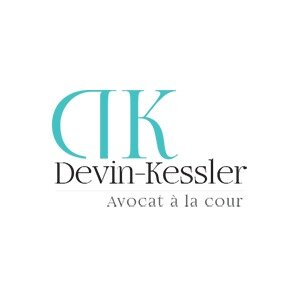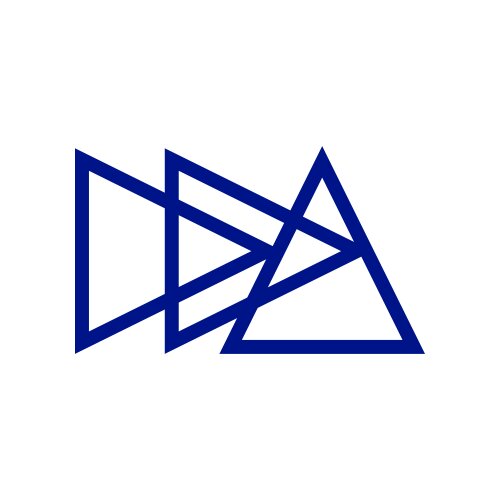Best Sanctions & Export Controls Lawyers in Luxembourg
Share your needs with us, get contacted by law firms.
Free. Takes 2 min.
Or refine your search by selecting a city:
List of the best lawyers in Luxembourg
About Sanctions & Export Controls Law in Luxembourg
Sanctions and export controls refer to the laws and regulations that govern the movement of goods, services, and funds, especially to and from countries or entities that are subject to international sanctions or restrictions. In Luxembourg, these laws are significant due to the country's active role in global finance and trade. Sanctions are typically implemented in response to international obligations, such as those imposed by the United Nations or the European Union, while export controls regulate the transfer of sensitive goods and technologies, particularly those with potential military, dual-use, or security applications. Compliance with sanctions and export controls in Luxembourg is mandatory and applies to individuals, companies, and financial institutions operating within the country.
Why You May Need a Lawyer
Understanding and complying with sanctions and export controls can be complex, especially for businesses engaged in international trade or finance. Common situations in which you may need legal assistance include:
- Uncertainty about exporting or importing certain goods
- Engagement in transactions with entities or individuals subject to international sanctions
- Conducting due diligence and screening business partners
- Dealing with blocked funds or frozen assets
- Navigating the regulatory requirements for dual-use items
- Responding to investigations or enforcement actions
- Training staff on compliance policies and procedures
- Drafting and reviewing contracts that may be affected by export controls or sanctions
- Filing applications for export licenses or authorizations
- Handling reporting obligations to regulatory bodies
A lawyer specializing in sanctions and export controls can help you navigate these challenges, minimize legal risks, and ensure you meet your obligations under Luxembourgish and European law.
Local Laws Overview
Luxembourg's framework for sanctions and export controls is primarily aligned with the European Union's legal instruments, which are directly applicable in all member states. Key aspects of local laws include:
- EU Sanctions Regulations: Luxembourg implements EU restrictive measures (sanctions), which include asset freezes, travel bans, arms embargoes, and restrictions on specific economic activities with certain countries, regions, or persons.
- Dual-Use Goods Control: Exports, transfers, brokering, and transit of dual-use goods (items that can be used for both civilian and military purposes) are controlled under EU Regulation 2021/821, with oversight by Luxembourg’s customs and competent authorities.
- National Implementing Measures: When required, Luxembourg may issue additional national regulations to give effect to international or EU measures or to provide enforcement mechanisms.
- Financial Sector Compliance: Luxembourg’s Commission de Surveillance du Secteur Financier (CSSF) requires financial institutions to establish appropriate systems to detect and prevent breaches of sanctions and to report any suspicious activity.
- Criminal and Administrative Penalties: Violations of sanctions or export controls can result in severe penalties, including substantial fines and imprisonment. Businesses can also be subject to reputational damage and loss of licenses.
It is essential for anyone involved in international transactions or exports from Luxembourg to fully understand and adhere to these laws.
Frequently Asked Questions
What are the main sanctions that apply in Luxembourg?
Luxembourg implements all United Nations and European Union sanctions. These often target countries, organizations, or individuals and may include asset freezes, trade restrictions, and travel bans.
Who is subject to export controls in Luxembourg?
Companies, individuals, and organizations exporting goods, technology, or software from Luxembourg, especially those items listed as sensitive or dual-use, are subject to export controls.
How do I know if my business partner is subject to sanctions?
You should conduct screening against the EU consolidated list of sanctioned persons, groups, and entities. Regular due diligence is essential to ensure compliance.
Do I need a license to export technology or software?
Certain technology or software, particularly those with dual-use applications, may require an export license from the relevant Luxembourg or EU authorities.
What are the penalties for violating sanctions or export controls?
Violations may lead to significant fines, imprisonment, confiscation of goods, and serious reputational damage. Both companies and individuals can be held liable.
Can I transfer funds to a country subject to EU sanctions?
In most cases, transfers of funds to sanctioned countries or persons are prohibited unless specifically authorized under an exemption or license.
Who enforces sanctions and export controls in Luxembourg?
Enforcement is carried out by Luxembourg’s customs authorities, the Ministry of Finance, and sector regulators such as the CSSF for financial institutions.
What is the process for applying for an export license?
Applications for export licenses are made to the Luxembourg customs authorities or through EU-wide systems, usually requiring detailed information about the goods, end users, and intended use.
How do I report a sanctions violation?
Suspected breaches should be reported to the competent Luxembourg authorities, such as customs or financial regulators. There may also be mandatory reporting requirements for certain businesses.
How can a lawyer help with sanctions and export controls compliance?
A lawyer can provide expert advice on your specific obligations, assist with risk assessments, review contracts, prepare license applications, and represent you in investigations or proceedings.
Additional Resources
- Commission de Surveillance du Secteur Financier (CSSF): The financial sector regulator; provides guidance on sanctions compliance for financial institutions.
- Administration des Douanes et Accises: Luxembourg’s Customs and Excise Administration; main authority for export controls and licensing.
- Luxembourg Ministry of Foreign and European Affairs: Publishes official information on national implementation of international sanctions.
- European Commission Sanctions Map: Provides updates on EU-level sanctions measures affecting Luxembourg.
- Law firms with Sanctions & Export Controls expertise: Many major law firms in Luxembourg offer dedicated practice groups for this area.
Next Steps
If you require legal advice regarding sanctions and export controls in Luxembourg, consider taking the following steps:
- Identify your specific needs, such as due diligence requirements, contract reviews, or license applications.
- Gather relevant documents related to your transactions, products, and business partners.
- Contact a law firm or legal professional with proven experience in sanctions and export controls.
- Prepare questions about your obligations and any areas of concern.
- Stay informed by monitoring updates from Luxembourg authorities and the European Union.
- Implement internal compliance policies and training for your staff, with assistance from legal counsel if necessary.
Seeking professional legal advice early can help you avoid costly mistakes, ensure smooth international operations, and protect your business from regulatory or criminal consequences.
Lawzana helps you find the best lawyers and law firms in Luxembourg through a curated and pre-screened list of qualified legal professionals. Our platform offers rankings and detailed profiles of attorneys and law firms, allowing you to compare based on practice areas, including Sanctions & Export Controls, experience, and client feedback.
Each profile includes a description of the firm's areas of practice, client reviews, team members and partners, year of establishment, spoken languages, office locations, contact information, social media presence, and any published articles or resources. Most firms on our platform speak English and are experienced in both local and international legal matters.
Get a quote from top-rated law firms in Luxembourg — quickly, securely, and without unnecessary hassle.
Disclaimer:
The information provided on this page is for general informational purposes only and does not constitute legal advice. While we strive to ensure the accuracy and relevance of the content, legal information may change over time, and interpretations of the law can vary. You should always consult with a qualified legal professional for advice specific to your situation.
We disclaim all liability for actions taken or not taken based on the content of this page. If you believe any information is incorrect or outdated, please contact us, and we will review and update it where appropriate.
Browse sanctions & export controls law firms by city in Luxembourg
Refine your search by selecting a city.



